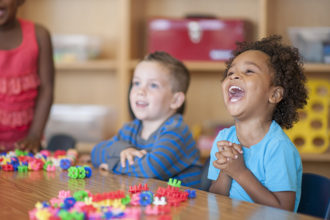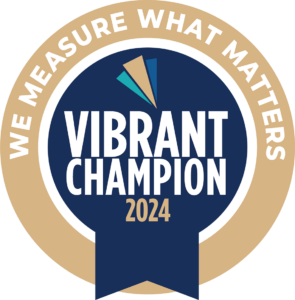Children and Domestic Violence
Support for Children Exposed to an Abusive Relationship

In nearly 1 in 4 cases of IPV that was filed in state courts, the perpetrated violence was witnessed by children. DV has significant and broad negative impacts on children. For example, it can cause them to be physically or emotionally harmed, to feel guilt that they are the cause of the situation, to become homeless, or to fear for the safety of their family members.
Children who have been exposed to domestic violence have an increased likelihood of experiencing a range of difficulties in their emotional and behavioral growth, even years after the abuse has ended. DV is also among the leading causes of homelessness in children
Impacts of Domestic Violence on Children
No two children will react in the same way to DV. Children may demonstrate resilience, display signs of turmoil and distress, or both. Regardless of the reaction, all children exposed to intimate partner violence are at a greater risk of developing unhealthy behaviors as a result. Factors that influence the impact of domestic violence on children may include the following:
- Severity of the violence
- Age of the child (Younger children usually exhibit more emotional and psychological distress.)
- Elapsed time since exposure (Fewer effects are seen as time passes.)
- Gender (In general, boys tend to act out and girls tend to withdraw.)
- Direct abuse of the child
- Relationship to the abuser
Child Abuse and Domestic Violence
Children in violent homes may witness domestic violence, be victims of verbal, emotional, physical, or sexual abuse, or be raised by parents who are distracted due to fear.
Studies show that for 32-53% of families where domestic violence is present:
- Also have child abuse occurring in the family, and
- The perpetrator of child abuse is also the perpetrator of domestic violence in that same home.
The WC&S Children, Youth, and Families IPV program provides individualized coaching and consultation with caseworkers who have clients experiencing both domestic violence (DV) and child abuse. A family can be referred to the WC&S CYF IPV program by the Allegheny County CYF program.
Behavioral, Social, and Emotional Problems
A child exposed to an abusive relationship, through a parent or family member, is more likely to withdraw from their peers and face multiple issues interacting with the rest of society. These children may also exhibit:
- Aggressive, hostile, and oppositional behavior
- Antisocial behavior
- Fear and withdrawal
- Low self-esteem
- Complications with processing negative emotions
- Depression and a sense of hopelessness
Developmental and Attitudinal Problems
Exposure to DV can affect the mental growth of children. Children who witness domestic abuse may experience:
- Slower cognitive development
- Lack of conflict resolution skills
- Pro-violence attitudes
- Belief in male privilege
- Disregard for rules and authority
- Little to no interest in academics and future education
- Lack of knowledge of emotions and appropriate ways of managing those emotions
Long-Term Problems
Children of abuse are more likely as adults to repeat the unhealthy behaviors they experienced growing up. As adults, they are more likely to enter into abusive relationships, face legal troubles, and continue to suffer from mental and emotional complications. Other long-term problems for children of abuse include:
- Inability to maintain healthy personal and professional relationships
- Difficulty connecting with others and forming new relationships
- Increased likelihood of becoming an abuser as an adult, or becoming a victim
- Depression and post-traumatic stress disorder
WC&S Services Regarding DV and Children
There is hope for the next generation. Together, we can help to break the cycle of violence. By becoming educated about domestic violence, healing from past traumas, and working together, we can ensure that future generations can have a life free from abuse.
At WC&S, we offer trauma-informed care for children who have witnessed or experienced domestic abuse. We work with each child to assess their experiences and trauma symptoms, which helps us provide healing programs and support as their parent works toward a life free from violence. We also provide Emergency Shelter [link] for adults and children, along with Legal Advocacy [link] and Support Groups [link].




